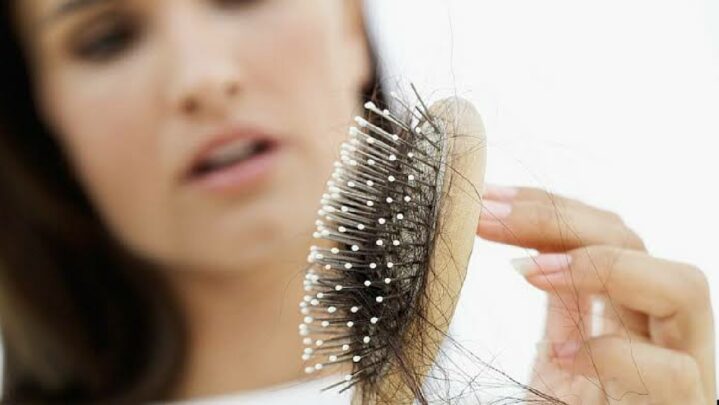Wounds heal slowly
Zinc plays an important function in keeping your skin healthy and promoting good blood coagulation. When you don’t get enough zinc, though, it makes it difficult for your wound to heal. Zinc deficiency can also cause acne breakouts. The supplement is used to treat wounds that are difficult to heal.
Loss of weight
Low zinc levels can also cause a change in appetite, which can contribute to weight loss. When you are overweight, losing weight is beneficial, but dropping too much weight might lead to additional health problems. Even if you’re trying to lose weight, you’ll need a variety of micronutrients to keep your internal functions running well. Nutrient deficiency causes weight loss, which is unhealthy.
Hair Loss
Hair loss can be caused by stress, poor scalp cleanliness, and a lack of vital nutrients. Zinc deficiency can cause hair breakage, hair fall, and hair thinning. Increasing this nutrient intake can help prevent hair loss and improve hair quality. So, if you’ve been having hair problems recently, start by increasing your zinc consumption.
Cold
Zinc is an essential nutrient that aids in the development of immunity and the prevention of chronic disease. Zinc deficiency might make you more susceptible to infections and disease. If you’re colder than others and get sick frequently, it could be an indication of zinc deficiency. Zinc supplementation can also help you recover from a cold faster than usual.
Blurry Vision
The trace mineral is also necessary for maintaining good vision. When our bodies do not acquire enough zinc regularly, it affects our vision. It causes squinting, fuzzy vision, and poor vision. Zinc keeps your vision in check if you get enough of it. Zinc and Vitamin A are two minerals that are necessary for good vision.
Also Read: Medications For Rheumatoid Arthritis





